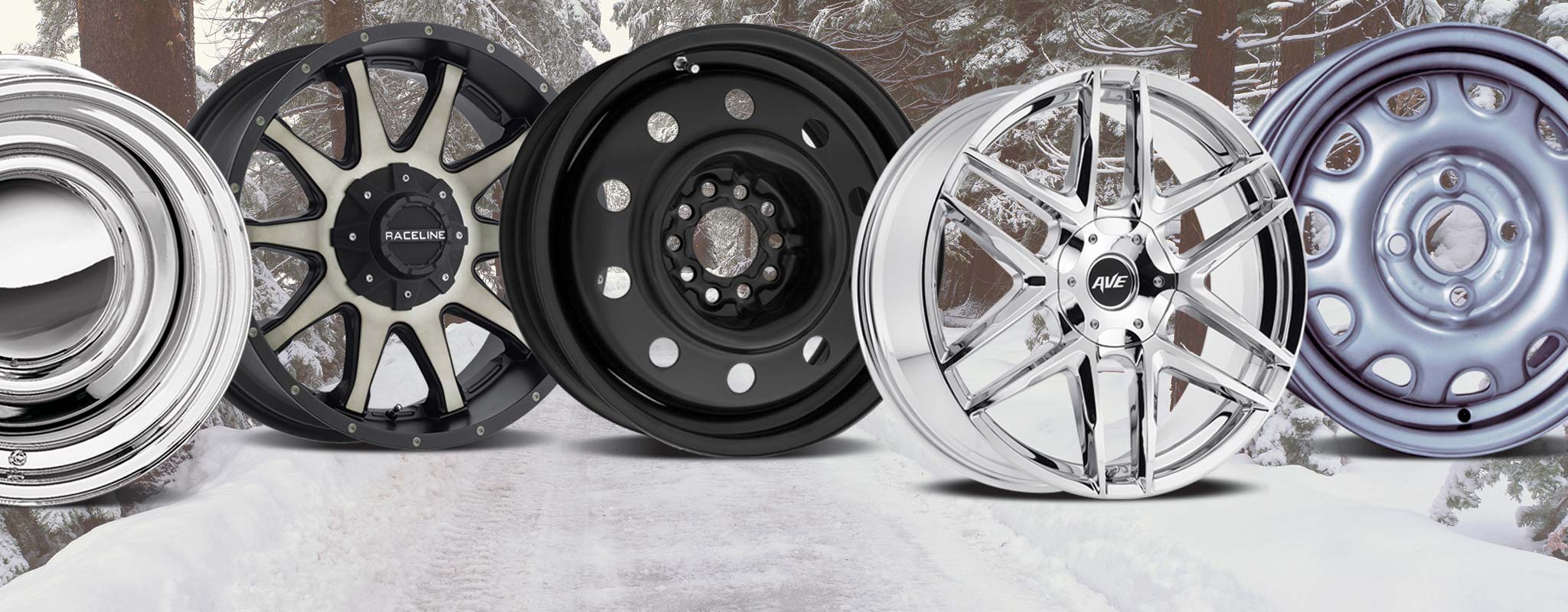
For those maintaining their tyres on a daily basis, keeping up with their care and maintenance, getting them repaired as soon as possible; tyre aesthetic is not a very strange concept.
Since your tyres are responsible for the overall performance of your vehicle ranging from your car’s stability and grip on the road to the Audi Wheel Alignment and balance, giving them a new and better look only seems reasonable enough. And changing your vehicle’s wheels is one of the simplest yet best options to improve it.
Unlike a plethora of tyre options to choose from, selecting the most ideal wheels for your vehicle may seem like a simple task. But is something really as easy as it seems? You may have 2 major options to choose from i.e. Steel Wheels and Alloy Wheels, but can you say with confidence- which wheels are the best ones for your vehicle?
Aesthetics and looks are not the only things to consider when deciding on the best wheels for your vehicle. Both alloy and steel wheels have certain advantages and disadvantages to offer.
If you too wish to understand the difference between alloy and steel wheels, keep reading ahead and find out which wheels are the ones that are the best choice for you-
But first, why are wheels that important for your vehicle?
It’s been long established that wheels add to the overall aesthetic of your vehicle and often times car owners end up upgrading their wheels for the pure purpose of looks and visual appeal. If you are not already aware of this fact, wheels have a lot more offer to you other than just looks. These are-
They aid in sustaining the whole weight of your car, without any additional help from any suspension or shock system at play. This easily spells out 453 kilograms of weight carried by your wheels.
They decrease the amount of friction between the ground and the tyre.
The sturdier your wheels are, the better the speed pick-up or braking capability of your vehicle is.
Steel Wheels Explained:
Steel wheels, which are comprised of an iron and carbon alloy, are the most widely utilized type of wheels. They are the heaviest or, to put it another way, the most durable type of wheels, making them considerably easier to mend and refurbish.
Advantages of using Steel Wheels:
Steel wheels are more resistant to abrasions and cracks that are formed as a result of impacts and collisions due to their durable nature.
The process of manufacturing steel wheels consists of stamping them into the desired form making them less costly than alloy wheels in general.
They are easy to fix due to their durability. Steel wheels are easier to fix than alloy wheels since they are more pliable. A steel wheel may be repaired by simply hammering the bent section back into form.
Their heavyweight makes them a much safer choice to be used for winter driving.
Drawbacks of using Steel Wheels:
Steel wheels are heavier than aluminium wheels, resulting in higher fuel consumption.
Because there are fewer customising and design options, they are less visually appealing than alloy wheels.
The added weight of steel wheels puts a strain on the suspension, which can eventually lead to issues like Fiat Wheel Alignment and balance.
Steel wheels are not ideal for summer driving.
Without modern-day layering and paint coats, Steel wheels are extremely vulnerable to corrosion.
Alloy Wheels Explained:
Alloy wheels, which were only advertised as a luxury car accessory, used to be a pretty uncommon sight in general. Alloy wheels are made from a combination of aluminium, nickel, magnesium, and other metals and are cast or forged throughout the manufacturing process. Because they provide both cosmetic and performance benefits, they have become standard on most automobiles.
Alloy wheels come in a variety of styles and customizations, giving automobiles and vehicles an entirely new look. They’re lighter, which makes them more flexible to use and improves their performance and acceleration.
Advantages of using Alloy Wheels:
The lightweight of Alloy wheels makes them highly fuel-efficient, provides better handling, and improved heat distribution.
Better heat dispersion also reduces the risk of brake failure.
Enhances the overall look of the car.
There are several customisations and design options available.
Drawbacks of using Alloy Wheels:
Alloy wheels are less durable as compared to steel wheels.
They end up on the more costly side of the price range.
They are non-repairable which means, once you reach a point of a lot of damage, you will have to buy a new set of wheels.







